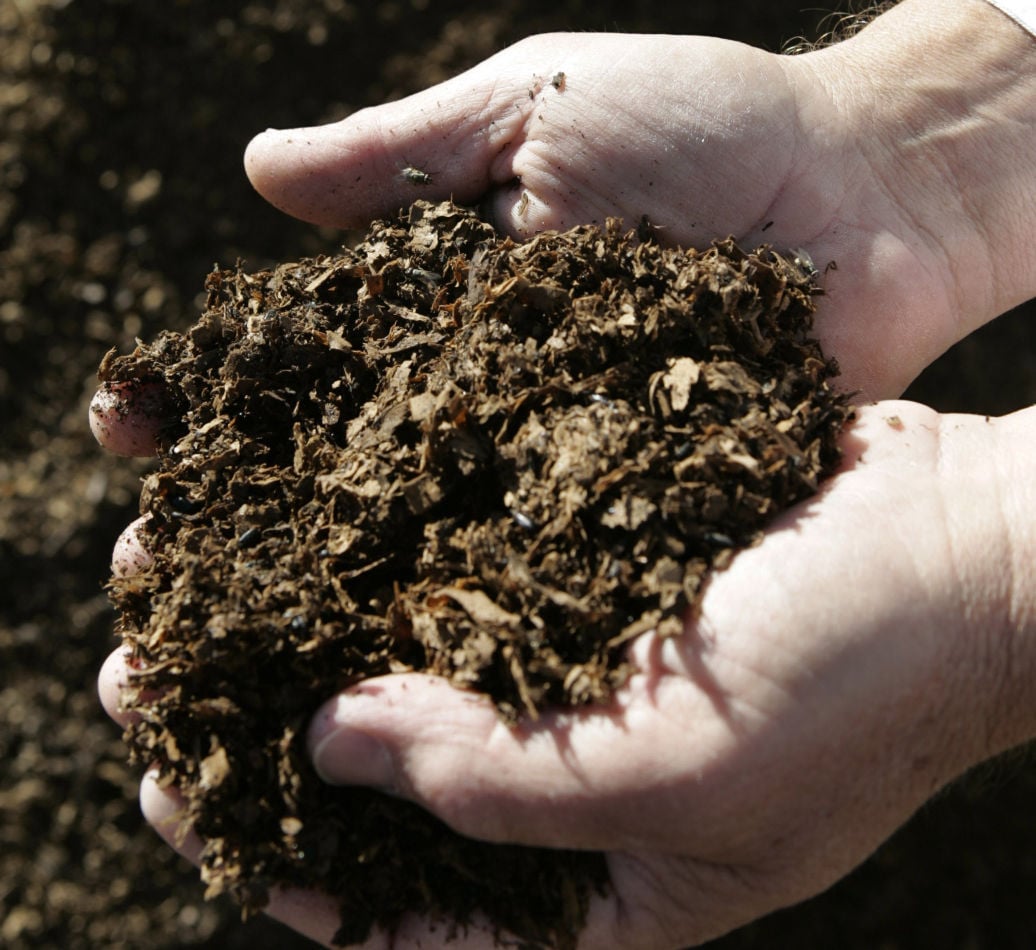Q: How can I keep the mice out of my compost? One of the most terrible days of my life was last fall when I used a sharp-bladed shovel to dig out last year’s compost pile. Suddenly and unexpectedly I heard the shrill and amazingly loud screaming of mice. As I quickly removed my shovel I saw with horror that it had sliced a mouse nest in half, decapitating, killing, and wounding three of the blind, hairless baby mice. The two unharmed baby mice I put back in the compost where they were soon rescued by the parents. But I never want to have that experience again.
After the catastrophe, I got rid of my old compost bin that used to sit on the ground and replaced it with a plastic bin raised up 2 feet from the ground on metal legs. I used metal mesh to seal the base of the bin in case mice could actually climb up the slippery metal legs, and this I thought would keep the mice away from my delicious kitchen scraps. Now, two months later I again see small gray mice inside the compost bin. It is winter and they want to be warm and not hungry, but I dread what will happen in the early summer when I want to use that compost in my garden. Any ideas of how to avoid another mouse tragedy?
A: It is difficult to keep rodents out of anything. If you weren’t so concerned about the mice, I would recommend snap traps baited with peanut butter near the base of your compost bin. Since you are concerned, the best bet is excluding them from the compost bin. Exclusion could work with your current compost bin if you can use mesh with small enough holes that they cannot squeeze through. Hardware cloth with quarter-inch holes should be enough to keep out adult mice. Using a bin with a lid can also aid in exclusion. Another idea is to make this compost habitat less appealing by turning your compost once a week. Turning compost with a pitchfork can result in the same deathly experience if not done frequently enough. There are also the sort of bins that can be turned with a crank if that is more your speed. If composted material is decomposing ideally, it reaches a fairly high temperature in the middle and no mouse is going to set up housekeeping in that heat. In the end, you might have to just be more careful digging around the top of your compost pile to avoid more mouse mayhem.
Peter L. Warren is the urban horticulture agent for the Pima County Cooperative Extension and the University of Arizona. Questions may be emailed to tucsongardensage@gmail.com





